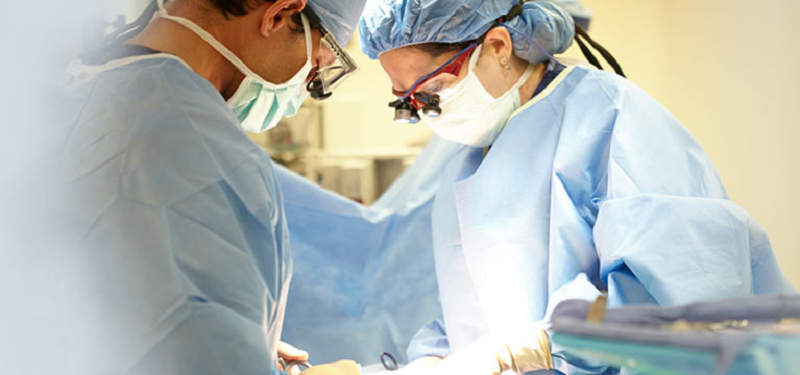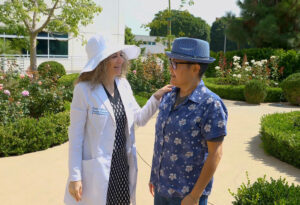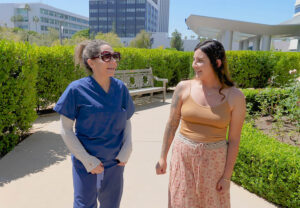Who is Eligible?
Most patients are candidates for minimally invasive thyroid surgery (ie, a very small incision) to remove the thyroid gland.
Many patients can have an outpatient procedure and go home the same day of surgery. Surgery is performed under general anesthesia.
All patients will have a pre-operative thyroid ultrasound and possibly a thyroid biopsy, performed by Dr. Goldfarb to determine the extent of surgery. A small group of patients may also require evaluation of their vocal cords before their thyroidectomy.

Types of Thyroid Surgery
The extent of thyroid surgery depends on your diagnosis as well as the state of your entire thyroid gland.
There are only a few possible surgeries that your surgeon should perform.
Thyroid Surgeon
Please submit an online appointment request or call 310-829-8751 if you have any questions, need a diagnosis, treatment or second opinion.





